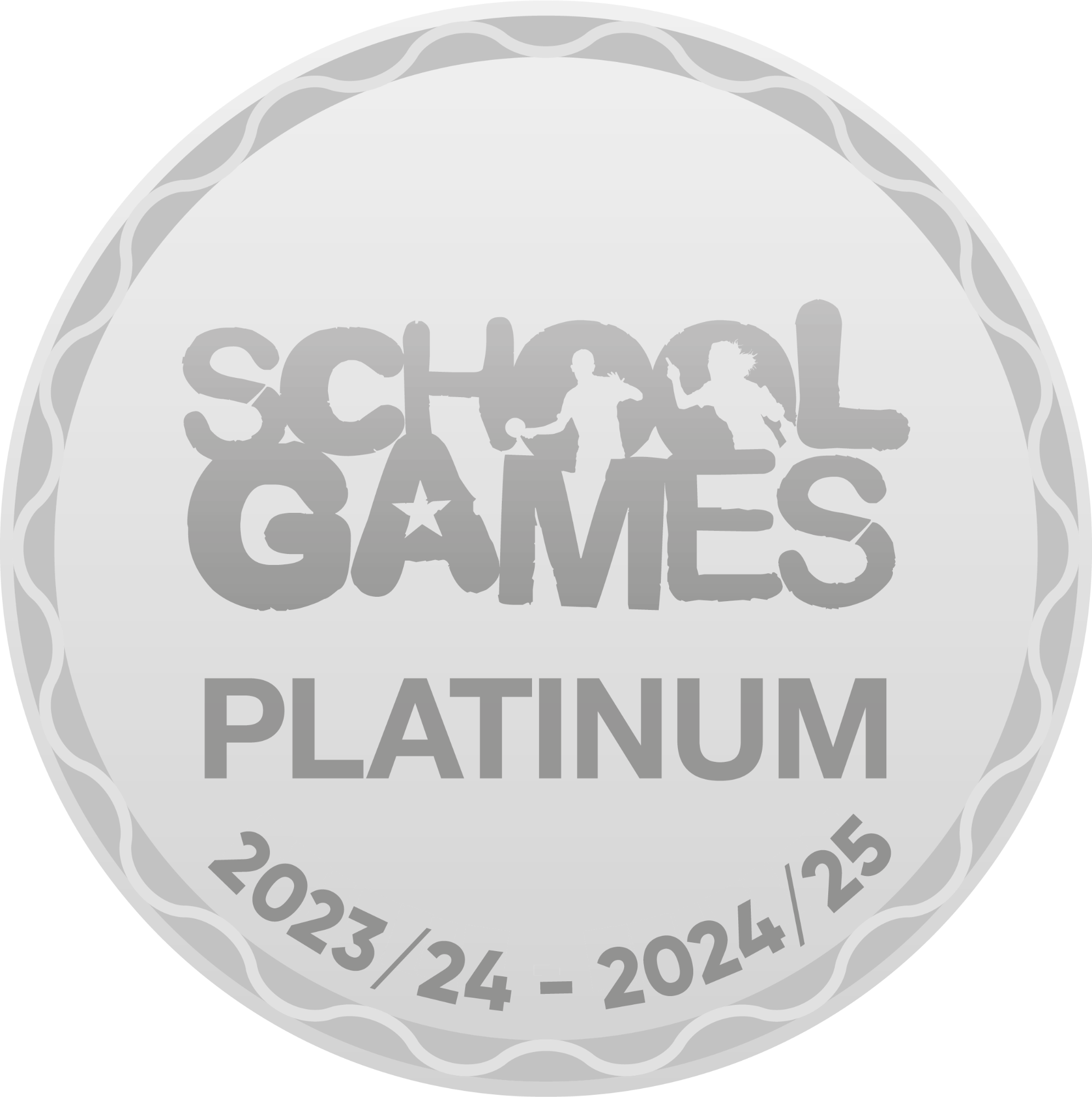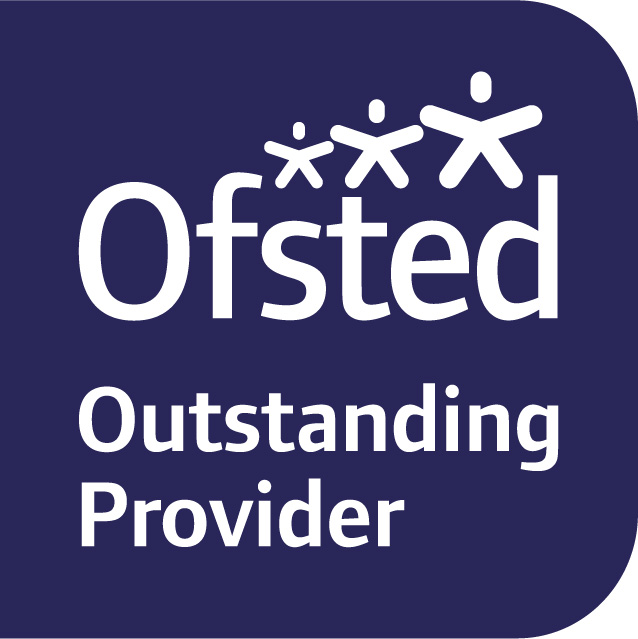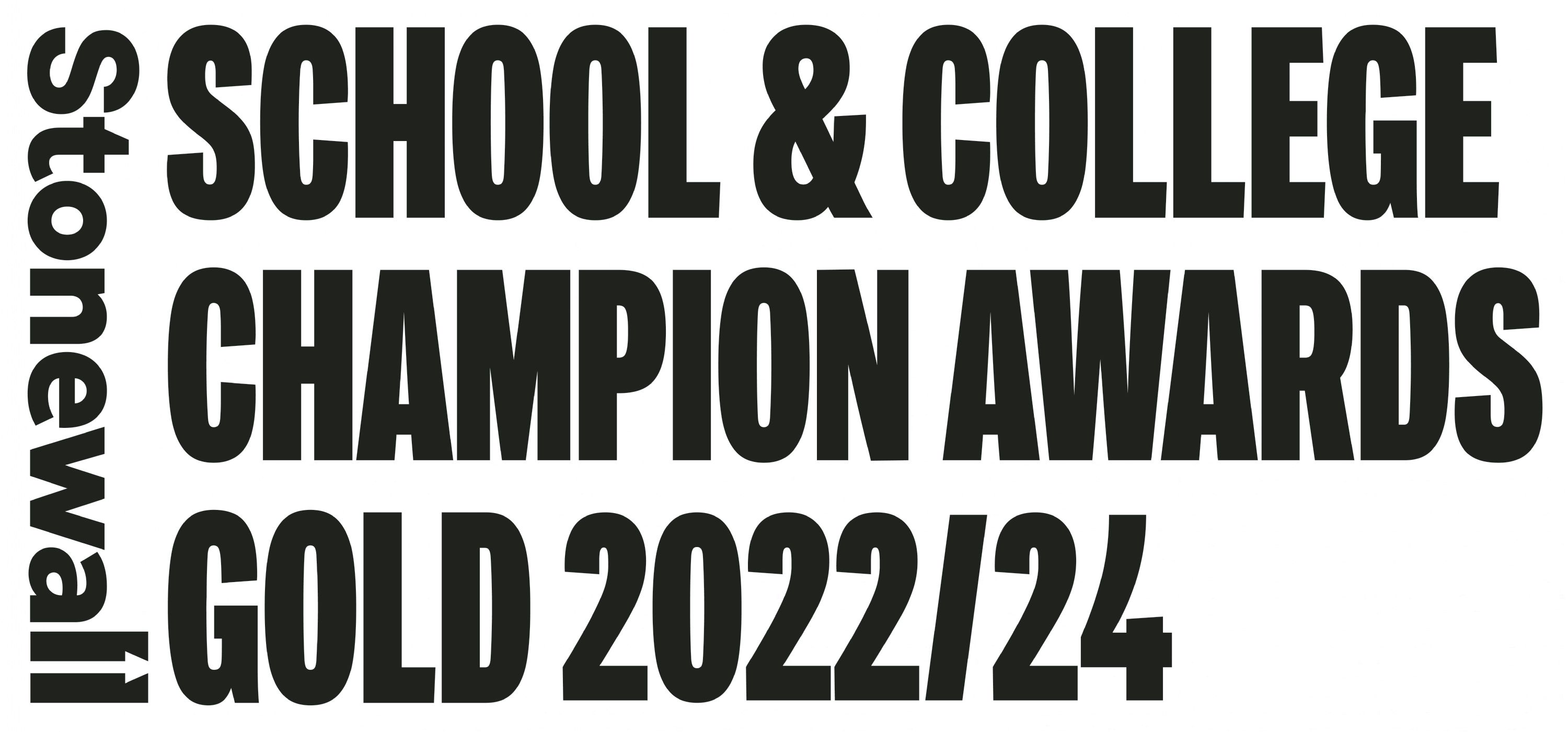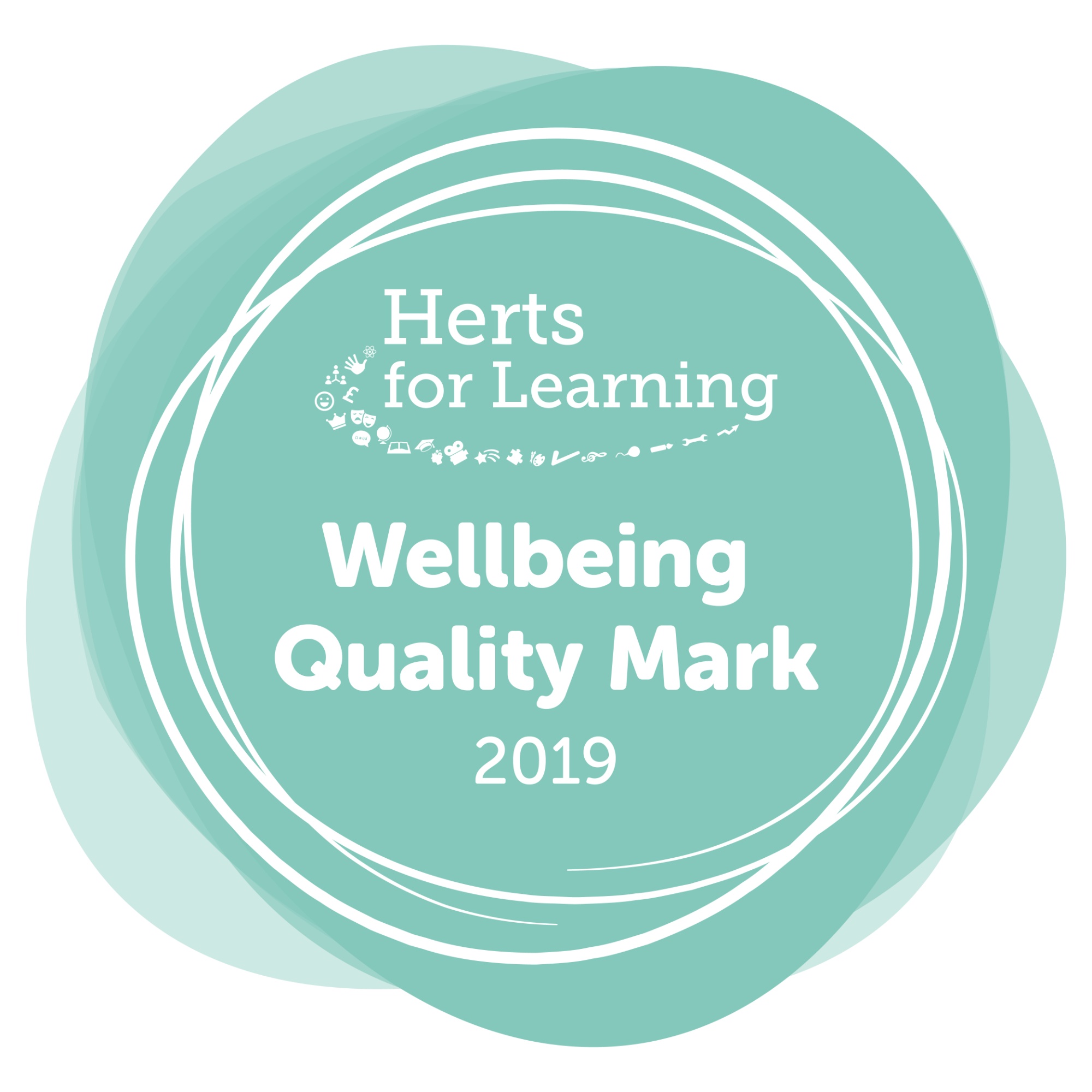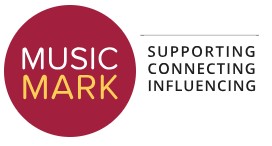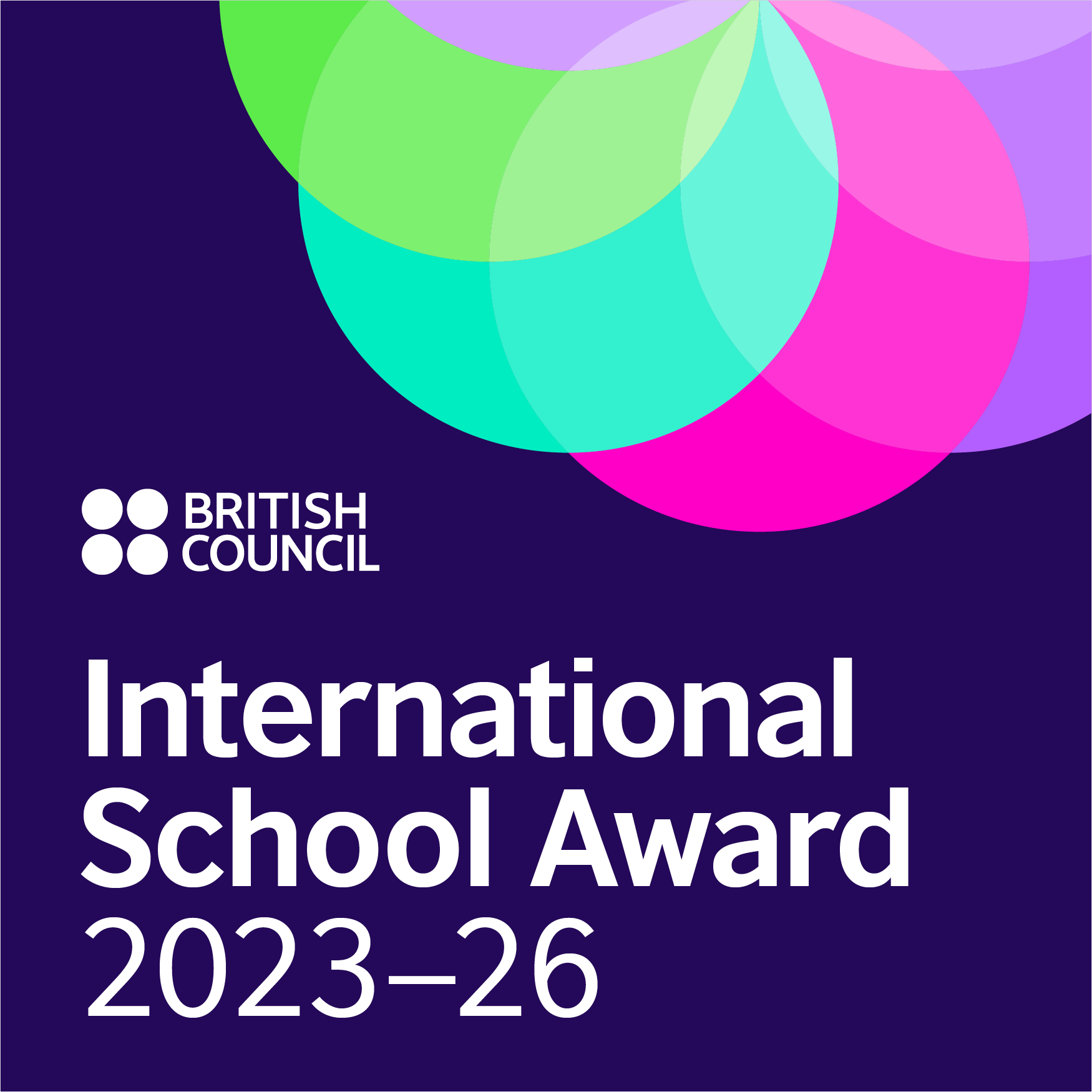
Oracy
We’re a Voice 21 Oracy School
We are part of a network of over a thousand Voice 21 Oracy Schools across the UK who are transforming teaching and learning through talk.
Oracy is the ability to articulate ideas, develop understanding and engage with others
through spoken language. In Voice 21 Oracy Schools students learn the oracy skills they
need to succeed in school and in life.
At Windhill21 we believe passionately in providing children with opportunities to develop their oracy skills. We want our children to have a voice, to be able to express themselves, to be confident to articulate their ideas, to be able to listen to others, disagree with others and come to agreements. We want our children to be empowered to use their voice to make a difference and to be a changemaker in our world.
We focus on teaching the following skills across the curriculum:
Here are some key principles for teaching oracy:
High Expectations for Oracy
We discuss and share our expectations for talk, whether this be ‘talk partners’, trios or a whole class debate. This could include making eye contact, sitting still whilst listening and turn taking protocols. We expect children to listen carefully to each other and talk using full sentences and a clear voice. The children use ‘thumbs in’ to indicate when they have a contribution to make.
Structures that support Oracy
Think carefully about what structure is most appropriate for the learning task. This is not necessarily always talk partners! You could use trios, quads, a whole class discussion. It could be an open discussion, or you might have specific roles e.g. a summariser or a challenger.
If you are using talk partners, it can be useful to have partner A and partner B, and perhaps give a structure e.g. to ping pong ideas.
Scaffolds that support Oracy
Just as we scaffold children’s learning across the curriculum subjects, we also need to scaffold their Oracy learning. This might be by providing key vocabulary, sentence stems or actions to support their discussion.
Feedback on Oracy
It is essential to give children feedback and specific praise with reference to the oracy skills above, for example ‘I like how ___ was nodding to agree with ____ and show they were listening’.
praise with reference to the oracy skills above, for example ‘I like how ___ was nodding to agree with ____ and show they were listening’.
Poetry Performance winners





